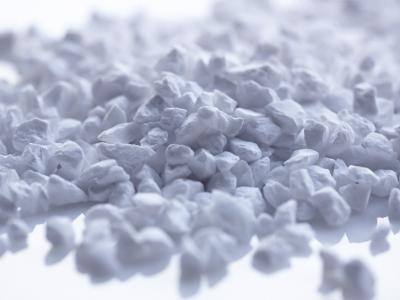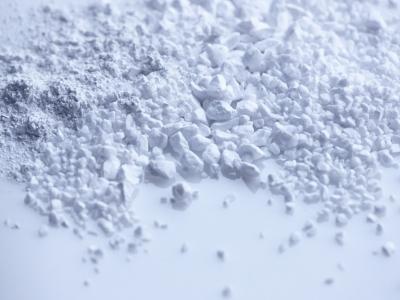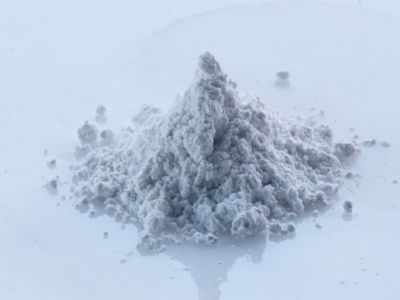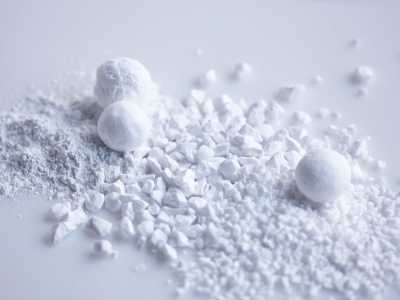CONTROLLED MANAGEMENT OF HEAT TRANSFER
Investment Casting
Investment casting is a precision manufacturing process for producing components with intricate geometries and exact tolerances. Central to this method is using alumina in the shell-building phase, where its strength, creep resistance, and thermal regulation attributes are crucial.
The controlled management of heat transfer during the casting process is vital, ensuring the proper solidification and grain structure of various metals.
The application of alumina in investment casting molds is carefully chosen based on the metal's melting point, solidification characteristics, and the desired grain structure. Alumina-based molds are particularly suited for casting high-performance metals, such as vacuum-cast superalloys and titanium alloys. These materials are extensively used in demanding sectors like commercial aerospace, defense, and industrial gas turbines for their superior properties.
For the production of investment casting molds, Almatis offers ground alumina products optimized for flour, featuring a broad particle size distribution that facilitates higher solids loading and consistent plate weights. The lower alkali content in our low and ultra-low soda alumina flours enhances slurry stability and extends its usable life.
Our stucco alumina products are designed for uniform distribution and minimal fines, reducing dust during shell application. This improves the adherence of the stucco to the dip coat and contributes to a safer and cleaner work environment.
Investement Casting Product Line




